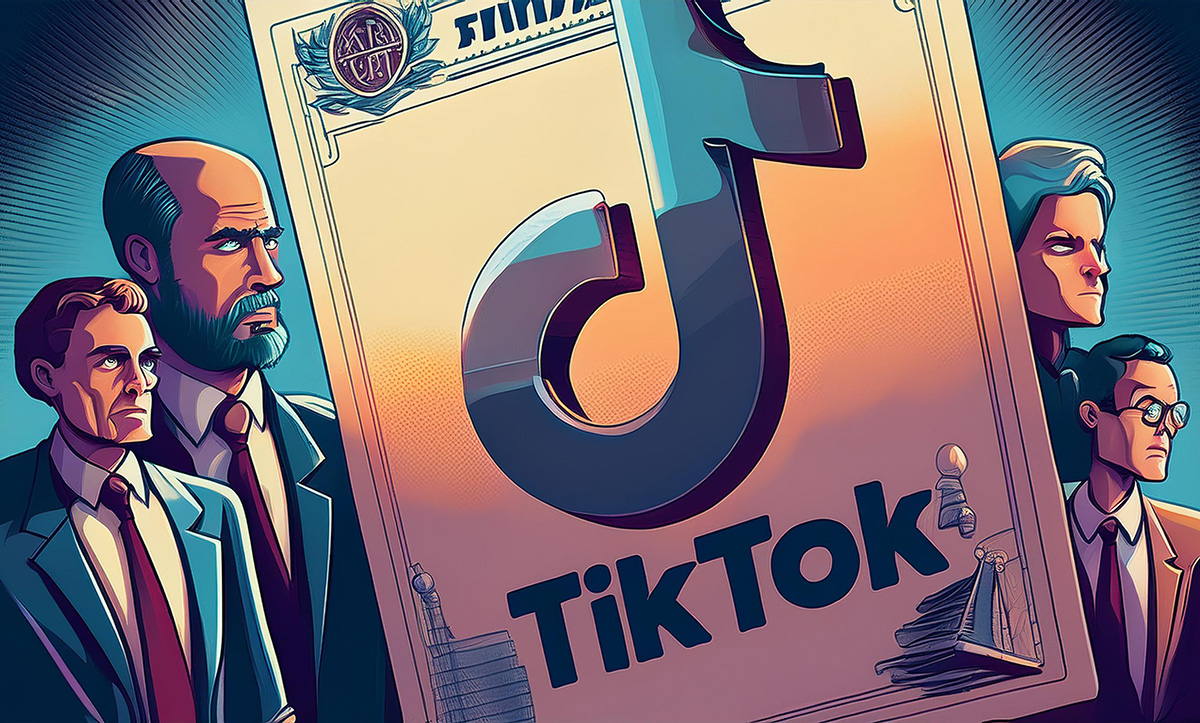A US appeals court has ruled that Section 230 does not apply to a lawsuit against TikTok, which has been used to shield tech companies from lawsuits against content posted on social media.
The mother of 10 year old Nylah Anderson, who died after taking part in a viral “blackout challenge” that was being circulated on TikTok, has had her lawsuit revived on appeal.
The ruling effectively overturns legislation that has been used to protect tech companies from legal liability of harmful content published and shared by users on their platforms. In 2022, a Pennsylvania court ruled that TikTok was not liable for Nylah Anderson’s death after she attempted to complete a Blackout Challenge that she discovered on TikTok’s “For You” page.
According to a Reuters report, US Circuit Judge Patty Shwartz, writing for a three-judge panel, said that Section 230 of the Communications Decency Act of 1996 only immunises information provided by third parties, and not recommendations that are made by TikTok’s algorithm.
She acknowledged the decision was a departure from past court rulings which have protected tech companies from liability for failing to prevent users spreading harmful content on their platforms.
The mother’s lawyer, Jeffrey Goodman, said the ruling means that Big Tech has just lost its “get out of jail free card”, while US Circuit Judge Paul Matey said that TikTok is in the “pursuit of profits above all other values” and cannot claim immunity that US Congress has provided.
Section 230, originally part of the Communications Decency Act, affords big tech platforms (as well as smaller online forums) protection from lawsuits by ensuring they are not directly culpable for the content published on them.
“No provider or user of an interactive computer service shall be treated as the publisher or speaker of any information provided by another information content provider,” reads the section of the Act.
“Section 230 embodies that principle that we should all be responsible for our own actions and statements online, but generally not those of others. The law prevents most civil suits against users or services that are based on what others say,” according to the US lobby group the Electronic Frontier Foundation.
However, Section 230 does not protect platforms or websites that violate federal criminal law, or companies that create illegal or harmful content. Nor does Section 230 protect companies from intellectual property claims.
B&T has approached TikTok for comment.








